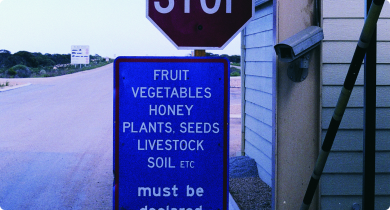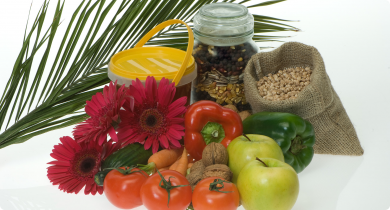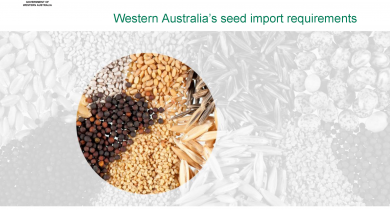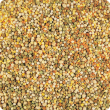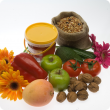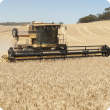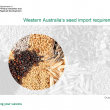Importing plant and plant products
Imported plants and plant products such as fresh fruit, vegetables, cut flowers, nuts and seeds can all carry exotic pests and diseases that could pose a biosecurity threat to Western Australia. Many entry conditions are applied to these products and some items may even be prohibited into Western Australia. Please see the related articles on this page for advice on importing all plants and plant products into Western Australia from other states and territories of Australia.
Filter by search
Filter by topic
- Exporting from Western Australia (6) Apply Exporting from Western Australia filter
- Intrastate movement (6) Apply Intrastate movement filter
- Quality assurance schemes (6) Apply Quality assurance schemes filter
- Importing miscellaneous (6) Apply Importing miscellaneous filter
- Importing animals (5) Apply Importing animals filter
- Biosecurity (5) Apply Biosecurity filter
- Exporting miscellaneous (2) Apply Exporting miscellaneous filter
- Exporting plant and plant products (2) Apply Exporting plant and plant products filter
- Exporting animals (2) Apply Exporting animals filter
- Invasive species (1) Apply Invasive species filter
- Pests, weeds & diseases (1) Apply Pests, weeds & diseases filter
- Plant biosecurity (1) Apply Plant biosecurity filter
- Horticulture (1) Apply Horticulture filter
- Fruit (1) Apply Fruit filter
- Bananas (1) Apply Bananas filter
- Crops (1) Apply Crops filter
- Diseases (1) Apply Diseases filter

